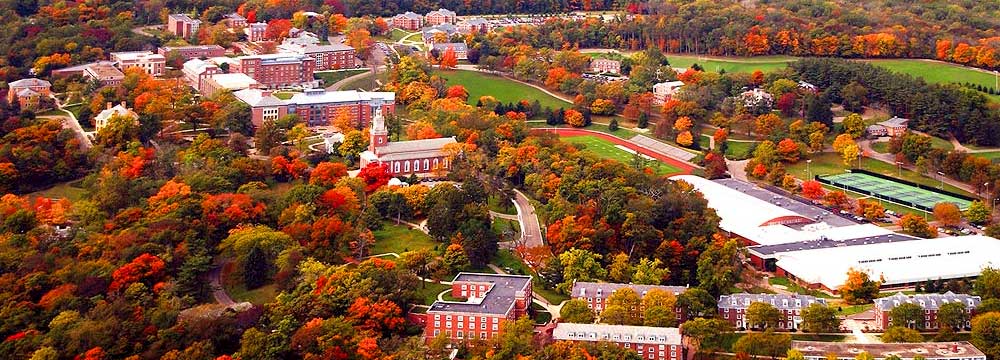
As an admissions interviewer for Northwestern, I’ve met countless high school seniors with unique backgrounds and personalities vying for a seat in Northwestern’s newest freshman class. As we sit down to talk in local coffee shops or schools, many would show me their shining resumes and transcripts, boasting straight As and impressive leadership involvement. I knew they were proud of their accomplishments and they should be. But as an interviewer, those weren’t the most memorable candidates. The ones I remembered the most clearly — sometimes the students for whom I wrote the strongest recommendations — often were those who didn’t do what they were “supposed” to.
- They “dominated” the conversation. I say they “geeked out” about their passion. One interviewee gushed about an astronomy project he worked on. He got more and more excited and because my astronomy knowledge was certainly nowhere near his, I listened enthusiastically. I tried to learn from this enthusiastic individual many years my junior. He didn’t try to temper his love for the subject and tone himself down, which earned my strong recommendation.
- They discussed “unprofessional” topics. I say they were real. At some point during these conversations, we start talking about personal experiences, moving away from just extracurricular involvement and school subjects. Personal challenges, family and friends, and teachers. The few memorable candidates shed away the pretense of being a perfect person. They shared stories of struggle and sometimes stress. Sometimes it got emotional. They were real. Remember, this is not a job interview. This is an interview for me to understand the human side — not just the student side — of you.
- They “knew too much.” I say they were resourceful and curious. Some of them would tell me they did some research on me after being assigned to be my interviewee. Some students asked specifically about my work or university experiences. They did their research, prepared engaging questions, and showed their desire to learn and make the best of the interview. Information on most people is readily available online. Those who access it are just the most curious and proactive.
After a couple years of interviewing NU applicants, I realized that most students had the wrong impression of the admissions interview. Radhika Joshi, a former senior admissions interviewer at one of the nation’s top liberal arts colleges, tells us this week what most applicants misunderstand about the college admissions process. If you missed the first part of the interview, read it here.

Exclusive Insider Interview: Former Senior Admissions Interviewer, Denison University Pt. 2
I think the biggest mistake that a student can make without doing their research is just wasting time — more importantly, wasting their own time. Obviously Denison is in quite a rural area, just college tours and in-person interviews and visiting all these schools is really time consuming. What I sometimes see is a student who instead of doing their research well and going to see maybe 4 or 5 schools, instead just does no research and visits 15, 16, 17. Not that there’s anything wrong with that, but the process might be just a lot easier if they knew a little bit more about what they wanted before stepping into the visiting process.”
How do we show we will make an impact on a campus without sounding like all of competition?
